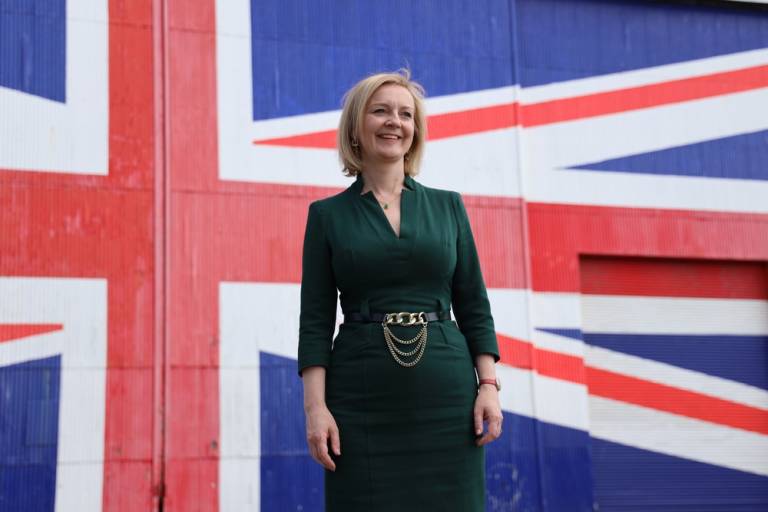New PM will need to collaborate to overcome the current crisis - so must we
21 September 2022
If we’re to come through the current crisis, it will take more than one individual or idea

No-one else’s time as Prime Minister has started quite like Liz Truss’ has.
Within days of taking office, not only had she been forced to take dramatic action on energy prices for households and businesses, but then the country’s monarch of seventy years passed away and the country fell into days of deep grief.
Now, as the official period of mourning passes, politics as normal is meant to begin again.
And yet Truss is still faced with the most profound of challenges, with one leading economic thinker describing it as “the most perfect storm” that he has seen in fifty years of commentary.
This is a moment when universities have a major role to play. The ultimate responsibility for political change lies with the Prime Minister, of course, but the willingness of centres of research and learning to step forward and to offer our expertise, energy and ideas could be critical.
UCL thrives on transformative thinking. The kind of bold and innovative teaching and research which has enabled Britain and the wider world to overcome enormous challenges. How we approach the current crisis should be no different.
When the Departments of Economics and Political Science launched the UCL Policy Lab alongside the Provost in May, we committed to serving the needs of communities, local, national and international.
UCL’s campus in Bloomsbury and the new UCL East are located in some of the most diverse communities in the UK. UCL’s students and staff come from all over the world. In this moment of crisis, our responsibility is to ensure that our work serves all of their needs, challenges and concerns.
The immediate crisis may be the cost of living, but other pressing challenges lay in wait for the Prime Minister.
The ‘burning injustices’ identified by Theresa May over five years ago are fiercer than ever. The levelling up agenda of Boris Johnson remains woefully incomplete. UCL has a great deal to contribute to public debate on these issues, and we should take this moment to re-double our efforts and collaborations.
The Policy Lab is already working with colleagues who are doing just that. At the Stone Centre, in the Department of Economics, experts are endeavouring to create new understanding and solutions to what remains our most entrenched economic challenge. As they set out in an interview for the Lab magazine, Prof Imran Rasul and Prof Wendy Carlin see the powerful role new economic research can play, especially when it is translated into concrete action by those who live and work at the sharp end.
In a recent blog post for the Lab website, the Centre for Education Policy and Equalising Opportunities team also set out a compelling case for us to focus on education as a way to level up. Working with the government and educators, the team are finding a new way to support young people in having every opportunity in life.
And, of course, as we see in Ukraine, the world continues to be faced with the threat of expansionist aggression. In the Department of Political Science, experts in conflict and peace have been working to understand public opinion in both Russia and Ukraine. And colleagues in the European Institute have brought us together to understand how we can best work together to support the needs of refugees and Ukraine.
It is one of Liz Truss’ most powerful political attributes that she seems capable of adapting and changing to the political moment. She has shown a willingness to change tack with extraordinary rapidity and enthusiasm
As university researchers, it can be somewhat harder to change course. Publication cycles and grant rounds are counted in years, and our methods and priorities are often set early in our careers. Yet the UCL Policy Lab exists to show that there are multiple ways in which rigorous, university research can disrupt current debates and transform the available solutions to the challenges that the world faces this winter.
As the new Prime Minister returns to London this week to start work proper, it won’t just be her efforts and ideas we all need.
Marc Stears is Director of the UCL Policy Lab
 Close
Close

